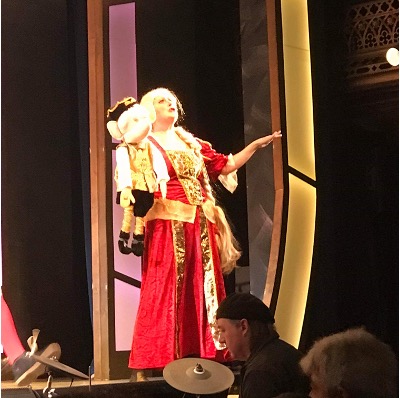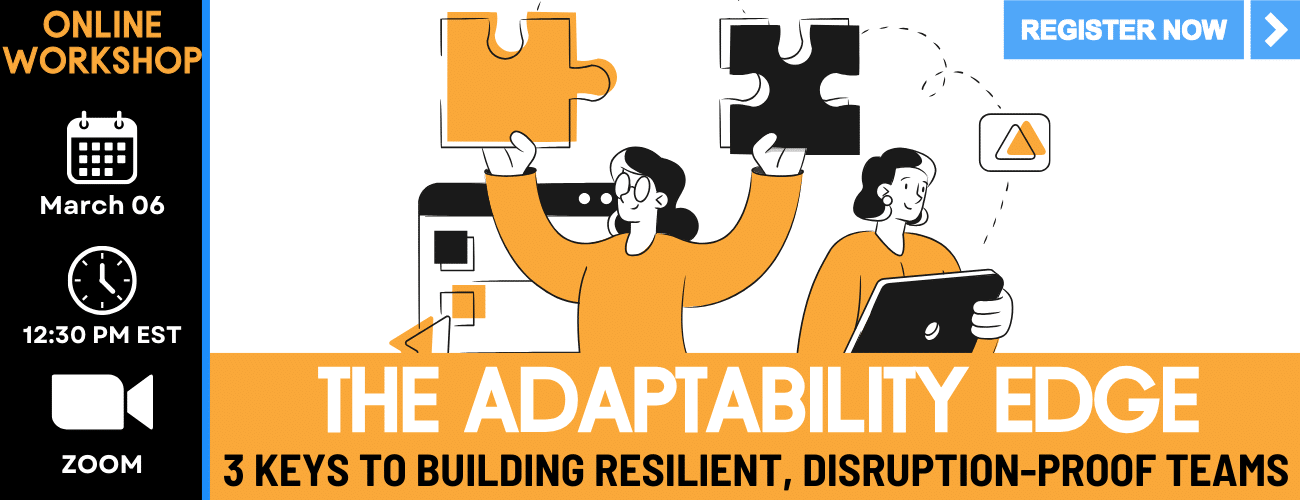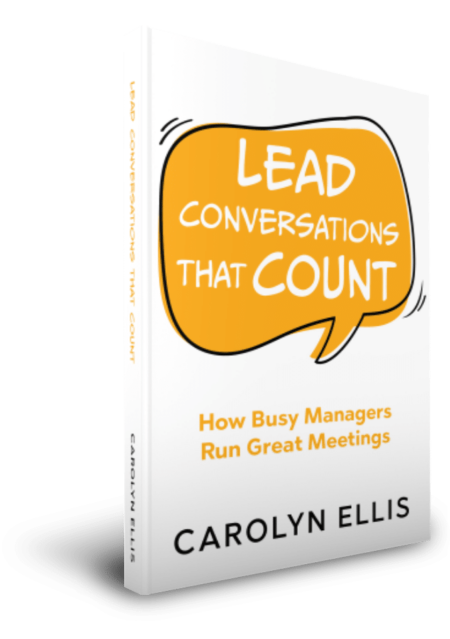One of my greatest joy is to be part of the Riverdale Players, a local community musical theatre groups that has performed together over the past 8 years in support of an international children’s charity. After having been sidelined by the pandemic for the last few years, we’re in rehearsals again for a new show!
I have fond memories of our last production, when this rag-tag band of amateur theatre aficionados brought down the house in a production of “Naughtyham”. Imagine a mash-up of Robin Hood and the Merry Men, meeting up with Monty Python’s Spamalot, with a dash of Saturday Night Fever and some of your favorite children’s fairy tale characters, like Rapunzel or Little Red Riding Hood, sprinkled in, and then you’ll be in the general vicinity of the plot of this year’s theatrical offering!
There’s a wealth of learning and lessons in leadership and team dynamics I can’t help but experience and reflect upon in my community theatre journey. Here are 3 of the top insights I had that I believe have huge relevance and application in the world of high performance teams and organizations coping with change.
1. It’s About You
The first several weeks of rehearsals is really about learning your character, and learning your lines. Your perspective is limited to “How will I ever learn my lines and dances in time?” The strength of the chain is determined by its weakest link. It’s incumbent upon each performer, or each member of the team, to commit to the work and deliver to the best of their ability.

I took on a new challenge by playing two characters, simultaneously. I was given the role of Rapunzel (me) and her husband, Rumpelstiltskin (a large size puppet). Learning how to be a puppeteer, venture into the world of ventriloquism, while simultaneously playing two very different characters who deliver a moving “duet” singing “Do You Love Me?” together in the second act, in addition to usual singing and dancing, was definitely a stretch both technically and creatively.
But as I grew into my characters and built my confidence in being able to do it, my comfort zone expanded. I started to realize the role my solo scene played in the overall arc of the play – to deliver a very relatable love story that people could connect to which was a strong counterpoint in the midst of a fast-moving, totally zany and hilarious show.
In organizations, there’s a lot of focus and attention on the team, and working together effectively. Team performance is crucial AND it can only come together when individual contributors are willing to take responsibility to deliver 100% effort. You can use the question, “How can I do my best in this situation?” as a guide for your choices and actions.
2. It’s Not About You
As amateur actors, there are so many moments of discomfort and risk. One cast member shared to me in our rehearsal process how much she enjoyed my solo and that it was an incredible act of vulnerability to be alone, on stage, singing with my puppet husband. “I would be so nervous, I don’t think I could do that!” she exclaimed.
Of course, as soon as she brought it to my attention, I did feel a twinge of nerves. But I was curious as to why I wasn’t sweating profusely each time I stepped up to my solo. I realized that the discomfort of stretching my personal comfort zone in full public view was completely eclipsed by the joy and commitment I had to supporting children at-risk in Indigenous communities in Canada and in African villages served by our charity, the Big Little Caravan of Joy. I am fortunate and privileged in my world. I don’t have to boil water every day like they do in many of these communities or grieve the loss of another young person to suicide like these children do. My discomfort at looking foolish is nothing compared to the courage and fortitude these young people have.
When you connect your organization to its bigger WHY and the impact you can have on real people and communities, that motivates and amplifies the way you work together. Your clients provide a hugely important context for the work you do together as you help them solve their challenges.
3. A Rising Tide Lifts All Boats
One clear lesson I’ve learned with my Riverdale Players family is that our success is never the result of one single, standout performance. It’s the moments of interactions, the funny side-eye glances on stage, the exuberant dancing, and the missed lines or entrances that together create a tapestry of moments that move and touch our audiences. By trusting each other and learning to build upon one person’s joke to make the next scene even better, we learn and grow together.
The secret weapon our fearless and visionary director, Sarina Condello, uses is love and encouragement. Throughout our rehearsal process, we find ways to appreciate one another in a genuine and personal way, which creates a culture of generosity where we all just naturally want to give more to the collective good.
While the organizational world must use methods of promotion and performance management to manage people, that alone won’t inspire people to go beyond what they know they are capable of. Whether you’re 5, 50 or 105 years old, we all want to be seen and heard. Feeling appreciated, respected and encouraged helps build relationships that can endure pressure, uncertainty and stress. A rising tide does lift all boats, and finding the balance between giving your best to your team and allowing your team to help unleash the best in you is a place where sustainable high performance lives.




